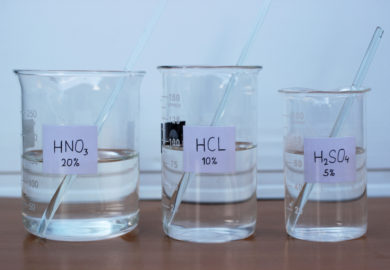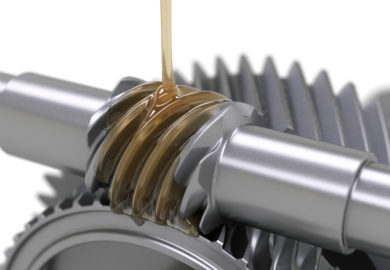With both polyether and polyester-based grades, Elastollan® TPU enables flexibility to design cables with resistance to a wide spectrum of chemicals, making it suitable for demanding applications in most every market segment.




Acids and alkaline solutions
Elastollan® is resistant to contact for a short duration with dilute acids and alkali solutions at room temperature, but are attacked by concentrated acids and alkaline solutions even at room temperature. Any contact with concentrated substances should be avoided.
Saturated hydrocarbons
Contact with saturated hydrocarbons such as diesel oil, isooctane, petroleum ether and kerosene, results in a limited swelling. At room temperature, this swelling is between one to three percent with less than 20% reduction in tensile strength. Original mechanical properties are almost completely restored after evaporation and reversal of the swelling.
Aromatic hydrocarbons
Contact with aromatic hydrocarbons such as benzene and toluene results in considerable swelling even at room temperature. Absorption can result in a 50 percent weight increase with a corresponding reduction in mechanical properties.
Solvents
Aliphatic alcohols, such as ethanol and isopropanol, cause swelling and reduce tensile strength. Rising temperatures intensify these effects. Ketones such as acetone, methylethylketone (MEK) and cyclohexanone are partial solvents for thermoplastic polyurethane elastomers. Elastollan® products are unsuitable for long-term use in these solvents.
Aliphatic esters, such as ethyl acetate and butyl acetate, cause severe swelling. Highly polar organic solvents such as dimethylformamide (DMF), dimethylsulphoxide (DMSO), N-methylpyrrolidine and tetrahydrofuran (THF) dissolve thermoplastic polyurethanes.
Lubricating oils and greases
No reduction in strength occurs after immersion in test oils IRM 901, IRM 902, and IRM 903 at room temperature. There is also no reduction in tensile strength after 3 weeks immersion at 100 °C. Elastollan® is in principal resistant to lubricating oils and greases, however irreversible damage can be caused by included additives. Compatibility testing in each individual lubricant is to be recommended.